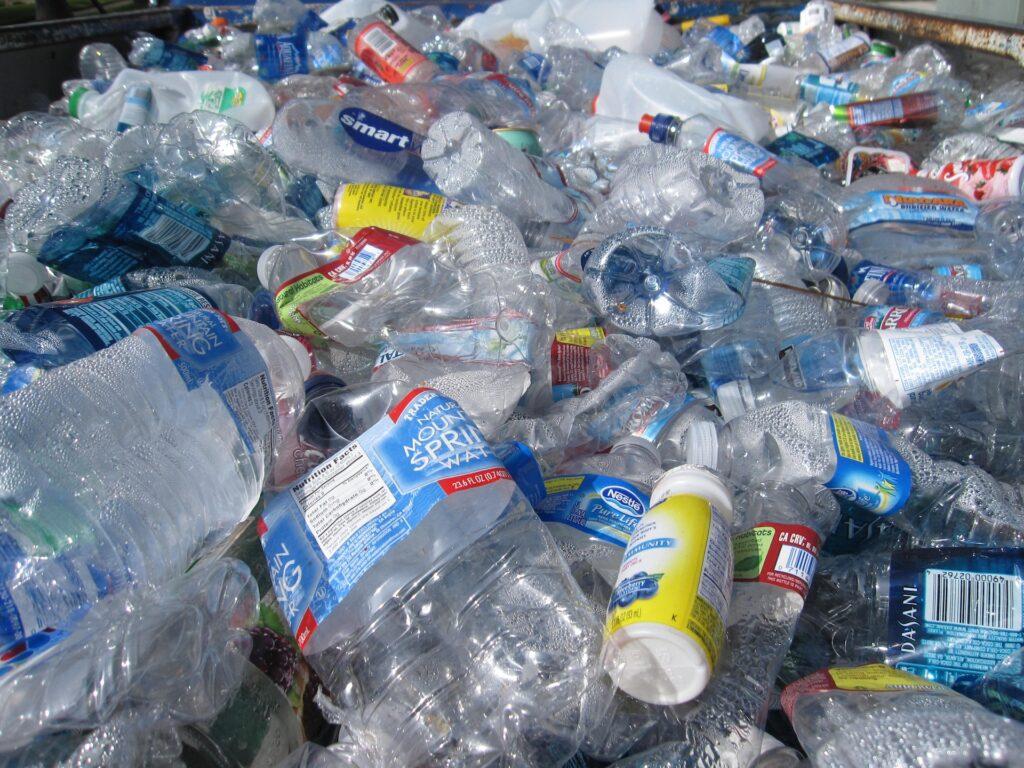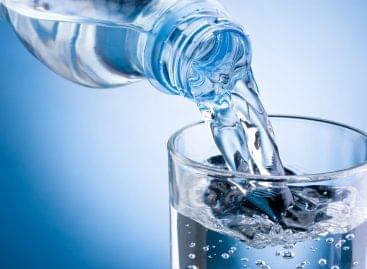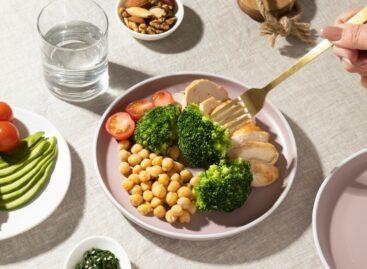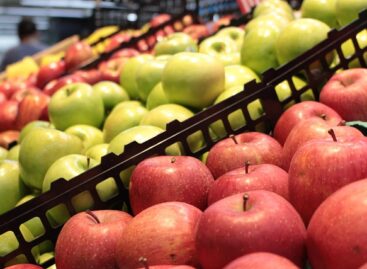There are more nanoplastics in mineral waters than we previously thought
Bottled water in stores may contain much more plastic than previously thought, according to a new study. The small, nano-sized plastic particles that pollute the water can be 10 times, 100 times more than we have estimated so far. Nano-sized plastics can penetrate the body’s cells, and although little is known about their long-term effects, experts say they are likely to be harmful to your health.

In the course of research, one liter of bottled water contains an average of 240,000 plastic particles, which cannot even be seen under a microscope. 90% of the particles were identified as nanoplastics and the rest as microplastics. According to the researchers, nanoplastics are the most worrying type for human health, as these particles can even penetrate the cells of major organs.
Based on the findings, experts advise that people reduce their exposure to plastic, including bottled water. Drinking tap water, preferably from a glass or stainless steel container, can help minimize your exposure to plastics. This advice also applies to other plastic-wrapped food and drink.
Related news
Health is decided at the family table – dietitians show the everyday application of the SMART PLATE® nutritional recommendation
🎧 Hallgasd a cikket: Lejátszás Szünet Folytatás Leállítás Nyelv: Auto…
Read more >A fruit day doesn’t cure or sustain you – that’s why most corporate well-being programs don’t work
🎧 Hallgasd a cikket: Lejátszás Szünet Folytatás Leállítás Nyelv: Auto…
Read more >








